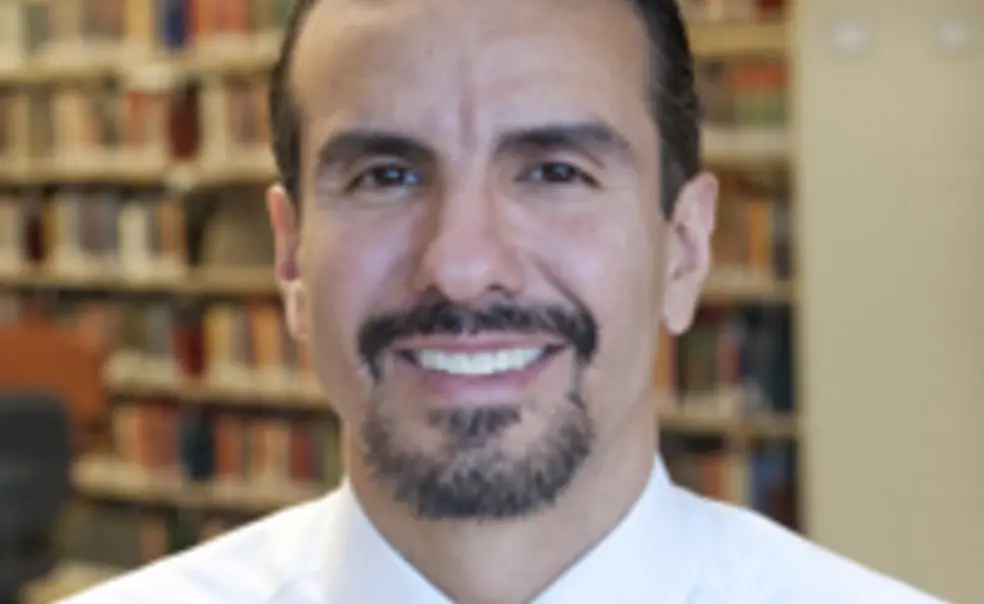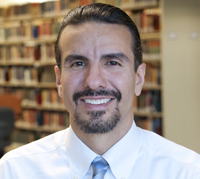Tigers of the Week: Anton Treuer '91 and Michelle Hensley '80
Anton Treuer ’91 has spent his career preserving the Ojibwe language and culture, and championing Minnesota’s traditional indigenous art forms. Michelle Hensley ’80, the founder and artistic director of Minneapolis’ Ten Thousands Things theater company, brings Shakespeare and other works to people who typically don’t have access to them — individuals living in prisons, homeless shelters, and housing projects.
Both recently have been honored for enriching Minnesota with their commitment to the arts and education. Treuer and Hensley were two of five recipients of the annual Sally Awards, named for Sally Ordway Irvine, who inspired the creation of the Ordway Center for the Performing Arts in Saint Paul, Minn. The awards come with a $2,500 prize. Hensley was recognized in the vision category and Treuer in education.
A professor of Ojibwe at Bemidji State University, in Bemidji, Minn., Treuer edits the only academic journal of the Ojibwe language and has written eight books, including Ojibwe in Minnesota and an anthology of Ojibwe oral histories. The award citation noted, “Treuer has worked tirelessly to expand our definition of the arts to include oral narrative and story performance, especially as they intersect with the Ojibwe language.” He frequently educates people about Native American arts, history, and culture. One of his most popular presentations is titled, “Everything You Wanted to Know about Indians But Were Afraid to Ask.”
Theatergoers attending Hensley’s productions experience high-quality theater in spare conditions: no elaborate sets, dim lights, or plush seating. “You're never more than three rows away from the best actors in town,” says Hensley, who has directed more than 40 productions, including Antigone, Richard III, and The Tempest. “I always say that our theatrical work is so strong because our non-traditional audiences demand it of us. We have to be clear, lively, urgent, and truthful with every thing we do — because our audiences often know more about the world of our plays than we do.”














No responses yet